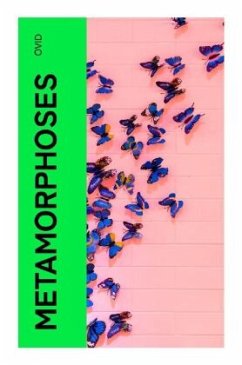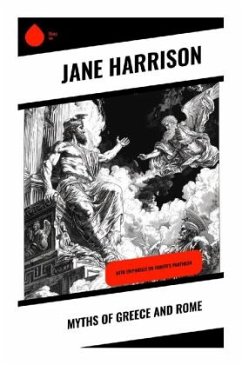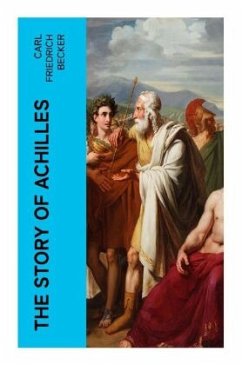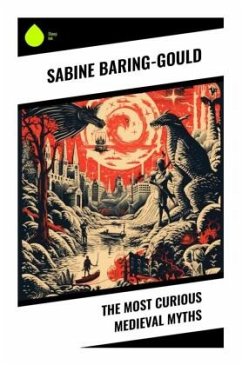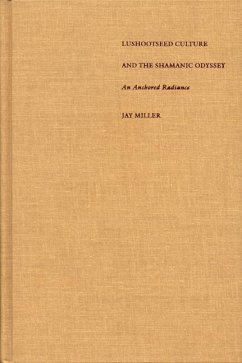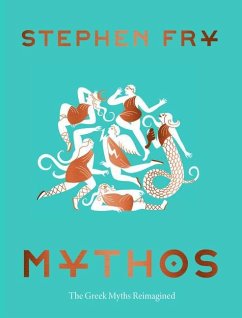
Metamorphoses
Versandkostenfrei!
Versandfertig in 6-10 Tagen
25,00 €
inkl. MwSt.

PAYBACK Punkte
0 °P sammeln!
Ovid's "Metamorphoses" is a landmark epic poem that weaves together over 250 mythological tales, using transformation as its central theme. Written in Latin during the poetic golden age of Rome, the work employs a fluid narrative style that shifts seamlessly between stories, illustrating the capricious nature of the gods and the inevitability of change. Rich in allegory and symbolism, Ovid's verses challenge the boundaries of genre, blending mythology with philosophical introspection, thereby contributing significantly to the literary evolution from epic to narrative poetry, as well as influen...
Ovid's "Metamorphoses" is a landmark epic poem that weaves together over 250 mythological tales, using transformation as its central theme. Written in Latin during the poetic golden age of Rome, the work employs a fluid narrative style that shifts seamlessly between stories, illustrating the capricious nature of the gods and the inevitability of change. Rich in allegory and symbolism, Ovid's verses challenge the boundaries of genre, blending mythology with philosophical introspection, thereby contributing significantly to the literary evolution from epic to narrative poetry, as well as influencing countless works in Western literature and art. Ovid, a member of the Roman elite, faced political exile under Emperor Augustus, an experience that profoundly informed his writing. His connection to the Metamorphoses can be traced to his early appreciation of mythological stories and their moral implications, reflecting a long-standing tradition in Roman literature that sought to both entertain and evoke contemplation. This exile also allowed Ovid to reflect on change and transformation from a personal standpoint, infusing the text with greater emotional depth. "Metamorphoses" is a must-read for anyone interested in the intersection of mythology, literature, and human experience. Its narratives resonate with timeless themes of love, loss, and identity, offering modern readers a lens through which to explore the complexities of existence. This seminal work serves as an indispensable reference for scholars and casual readers alike, revealing the profound impact of change in both mythology and life.



